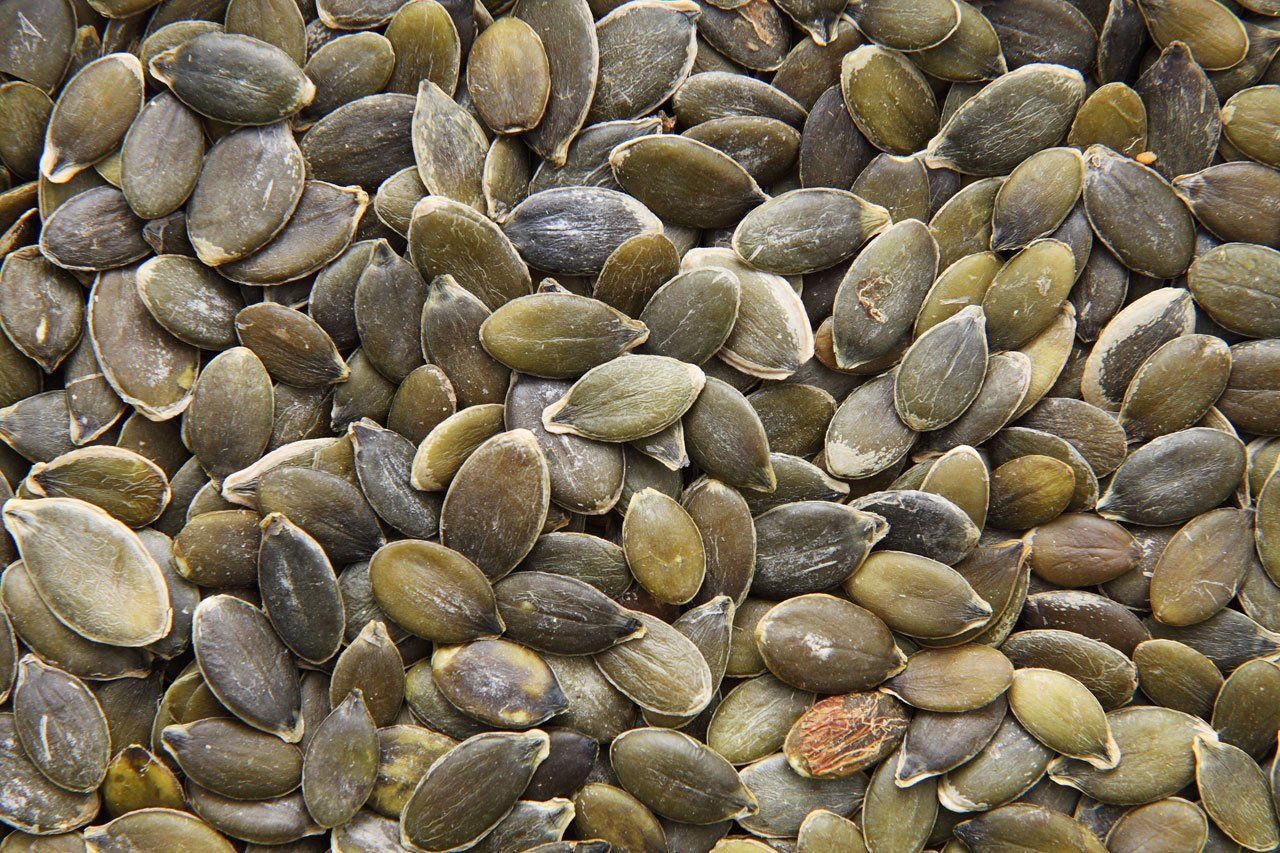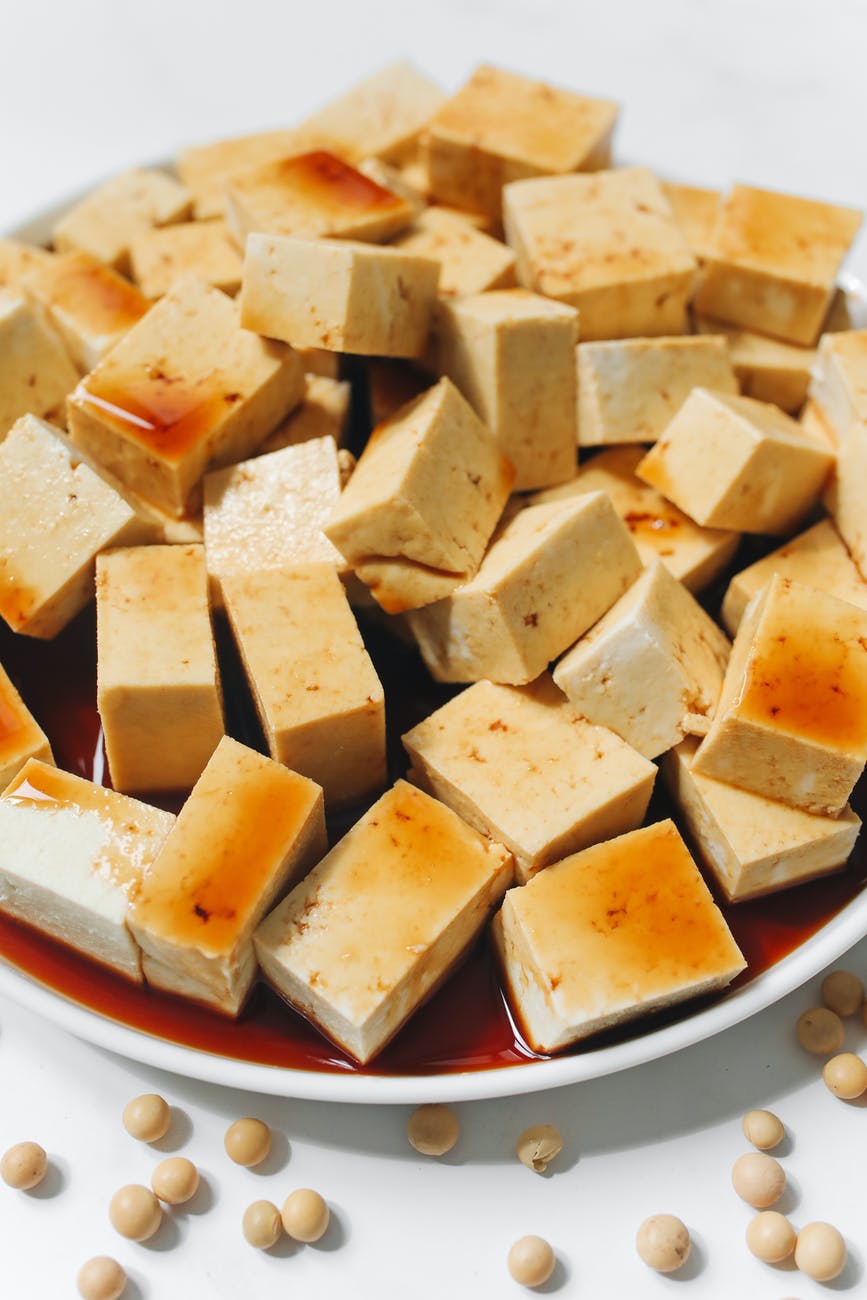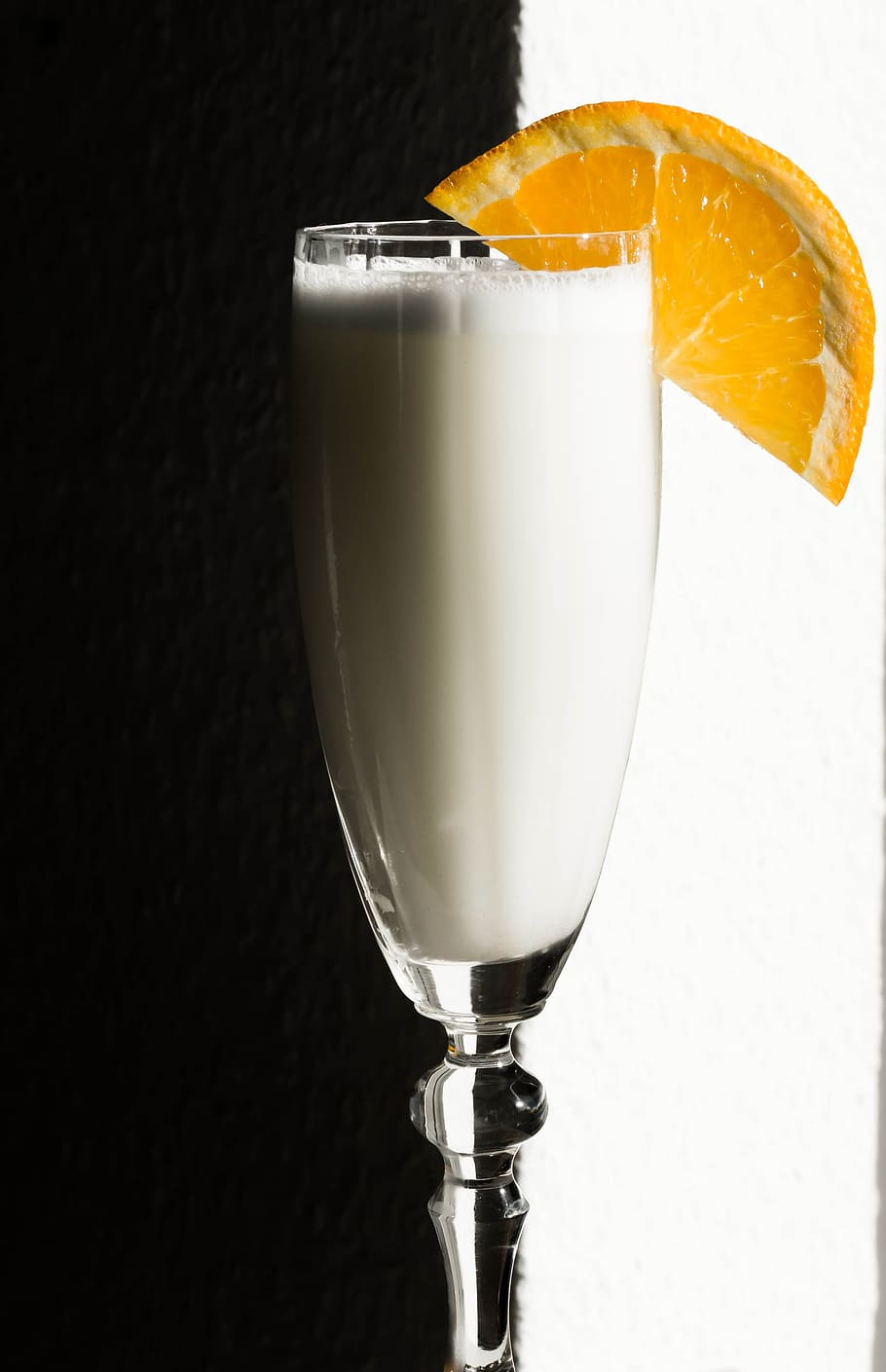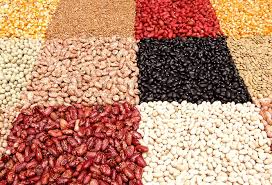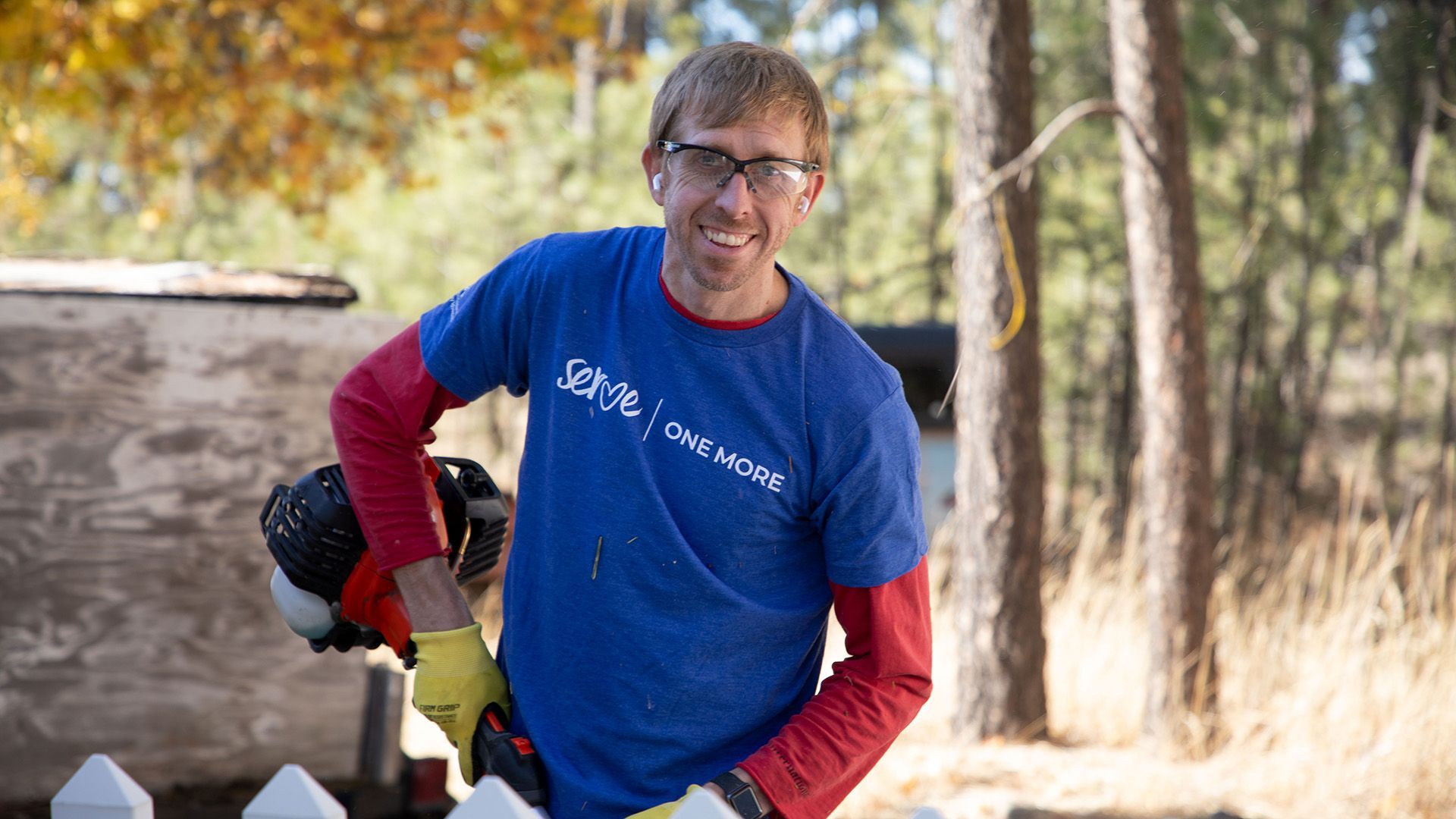What Amino Facilitates Sleep?
June 30, 2020
God provided us with foods that have abundant levels of tryptophan.
Does a glass of warm milk actually help you sleep? I’m sure that most of us have heard that drinking a glass of warm milk at bedtime will help you fall asleep faster. This is usually attributed to tryptophan in the milk.
L-tryptophan is an essential amino acid. Our diet must provide it as the human body can’t make it on its own. Tryptophan is needed by the body for general growth and development and is needed to produce the B-vitamin niacin and the brain chemical serotonin. Serotonin is the chemical that is responsible for our moods and can create feelings of happiness and relaxation. It is also used to make melatonin, the hormone that regulates your sleep cycles. These conversions are light dependent as we learned last week.
Research has shown that L-tryptophan can contribute to drowsiness and decrease the amount of time it takes to fall asleep. Increased production of serotonin may be largely responsible for this. Would it then be helpful to take an L-tryptophan supplement to help you get to sleep faster? Maybe. Other research has shown that L-tryptophan supplements do not improve overall sleep patterns such as increased total sleep time and a decrease in total wakefulness. L-tryptophan supplements can also have some serious side effects.
God provided us with foods that have abundant levels of tryptophan. Milk is actually fairly low on the list with only 46mg/100g. Whole grains, nuts, seeds, and legumes are much better sources. Roasted pumpkin seeds have 578mg/100g, almonds 214, tofu 246, and chunky peanut butter 228mg/100g. Another interesting fact about tryptophan is that it needs to cross the blood-brain barrier in order to have any effect on sleep. Eating foods higher in carbohydrates causes insulin to be released which makes it easier for tryptophan to be nudged across the line. Plant foods are good sources of beneficial complex carbohydrates.
So, does a glass of warm milk help you sleep? Maybe. But it’s likely not because of tryptophan. The levels in milk are quite low and the mechanisms too complex and dependent on other factors to say it is beneficial. Eating a whole-foods, plant-based diet is likely to provide much greater benefit for sleep.


